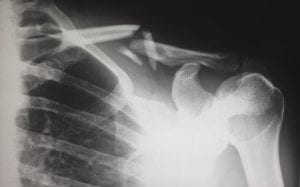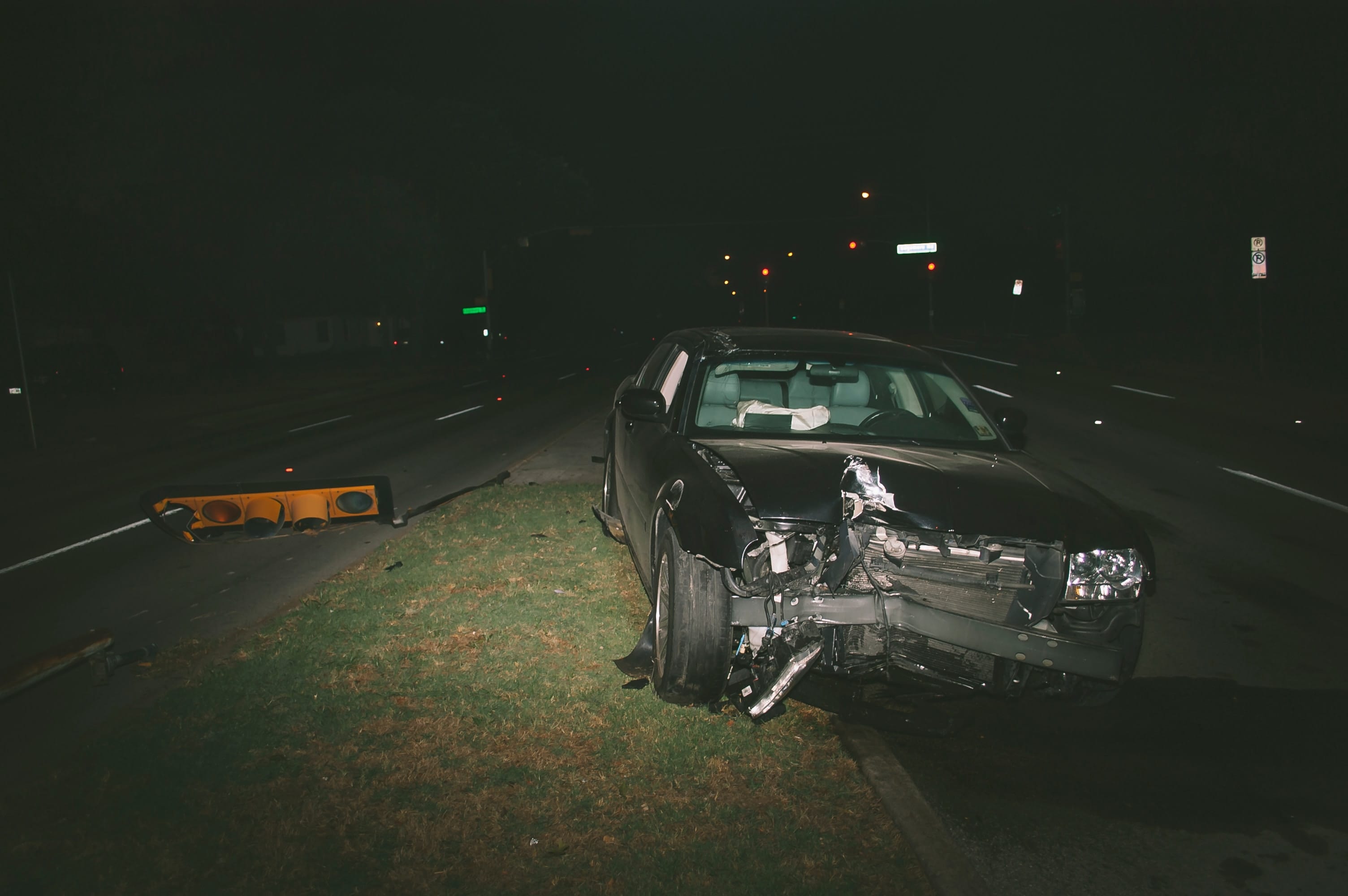Every insurance claim and lawsuit is a story.
If Callaway & Wolf represents you in your car accident case, you can expect a fair and reasonable settlement given the facts and California law. That depends on many issues, especially your injuries, their impact on your life, and the strength of the evidence supporting your case. But that’s only the beginning.
There are many ingredients in the recipe for a favorable car accident settlement. Here are some of them.
- Is the Defendant Clearly Liable?
California is a “pure” comparative negligence state, so your recovery is based on the degree of the other party’s fault. We first need to prove the defendant was negligent in causing the accident. If we do, the next step is assessing if both parties share some blame and if so, how is that split?
To prove negligence, you must show:
- The other party owed you a legal duty (such as driving reasonably safely, yielding, the right of way, etc.)
- That duty was breached (by speeding or running a stop sign for example)
- That breach caused the accident and your injuries
- You suffered damages (the harm you suffered measured in dollars)
- California law requires the defendant to compensate you for your damages
There’s no or very little settlement value if the insurance company believes their policyholder is not at fault or bears little responsibility. To reduce the chances of that, we:
- Investigate our client’s claims
- Put together evidence that shows the defendant was negligent and caused the accident
- Show the defendant is mostly at fault
- How High are Your Damages?
The higher your damages, the higher the settlement. This includes what happened to you in the past due to the accident and what’s expected to happen in the future. It covers:
- Medical bills and expenses
- Pain and suffering
- Property damage
- Lost wages and work benefits
Part of this calculation is the strength of the evidence supporting your diagnosis and treatment. If the insurance company thinks you have a different condition that’s not as serious as you claim, that can be treated more simply with less cost, it will offer less money.
The more severe and complex your injuries, the greater your damages and settlement offer. You may need highly specialized and expensive treatment like multiple surgeries and months or years of physical and occupational therapy. You may be totally or partially disabled the rest of your life. This often causes emotional and psychological harm, which can also be part of your claim. A proper “workup” of the injuries in a case is crucial. We can help advise you about available tests and potential treatments if we feel for whatever reason that you are not getting the medical attention you need.

If you’re younger and suffering a permanent disability you should be compensated more than an older person with the same condition. You’re expected to live with it longer and suffer a greater financial loss over time.
- Will the Accident Make the Jury Angry at the Defendant?
Every insurance claim and lawsuit is a story. If a case goes to trial, it’s our job to honestly tell it in the most effective and compelling way possible. If a jury sees the defendant as the “bad guy” and you’re the “good guy” who’s suffered terribly through no fault of your own, you may get a higher verdict compared to a case that’s less clear-cut. The insurance companies should know how your case may look to a jury and adjust their settlement offer accordingly.
- Are You Credible?
Has your account of the accident changed over time? Does your description contradict what’s in the police report? Did you post on social media or tell others something that may show your injuries aren’t as bad as you claim, or you’re more at fault for the accident than you admit? If so, your lost credibility will hurt the settlement value. Your credibility is key in virtually all cases.
- What Do You Want?
We don’t settle cases, clients do. A good personal injury lawyer will advise you if a settlement offer is or isn’t fair and worth accepting or not. Turning down a fair settlement could result in a trial that you’ll lose. If that’s the case, you won’t get anything. Ultimately, you decide.
Some clients don’t want to go to trial and are willing to accept a lower, faster settlement than someone who’s more inclined to wait and is open to going to trial in hopes of getting more compensation. So settlement posture has to reflect not only case factors, but a client’s preferences and willingness to wait and engage in a lawsuit.
- Who Are Your Lawyers?
Insurance companies know who we are, the high quality of our work, and our record of success. Retaining an attorney with little or no experience, or one with a reputation for settling claims but not taking them to trial, may result in a lower settlement offer. The insurance carriers make adjustments based on your choice of attorney. They keep score on which law firms are high volume and just want to settle every case, compared to those that dig in and fight for their clients in court when necessary.
Get the Help You Need from Attorneys You Can Trust
Callaway & Wolf is a boutique law firm that maintains a small caseload. The clients we accept get unparalleled results in personal injury cases. We treat every client with personal attention and we won’t pass you off to a paralegal to manage your case. An experienced Callaway & Wolf injury attorney will work directly with you. If that’s the kind of service you seek, call us at (415) 541-0300.


Join the conversation!